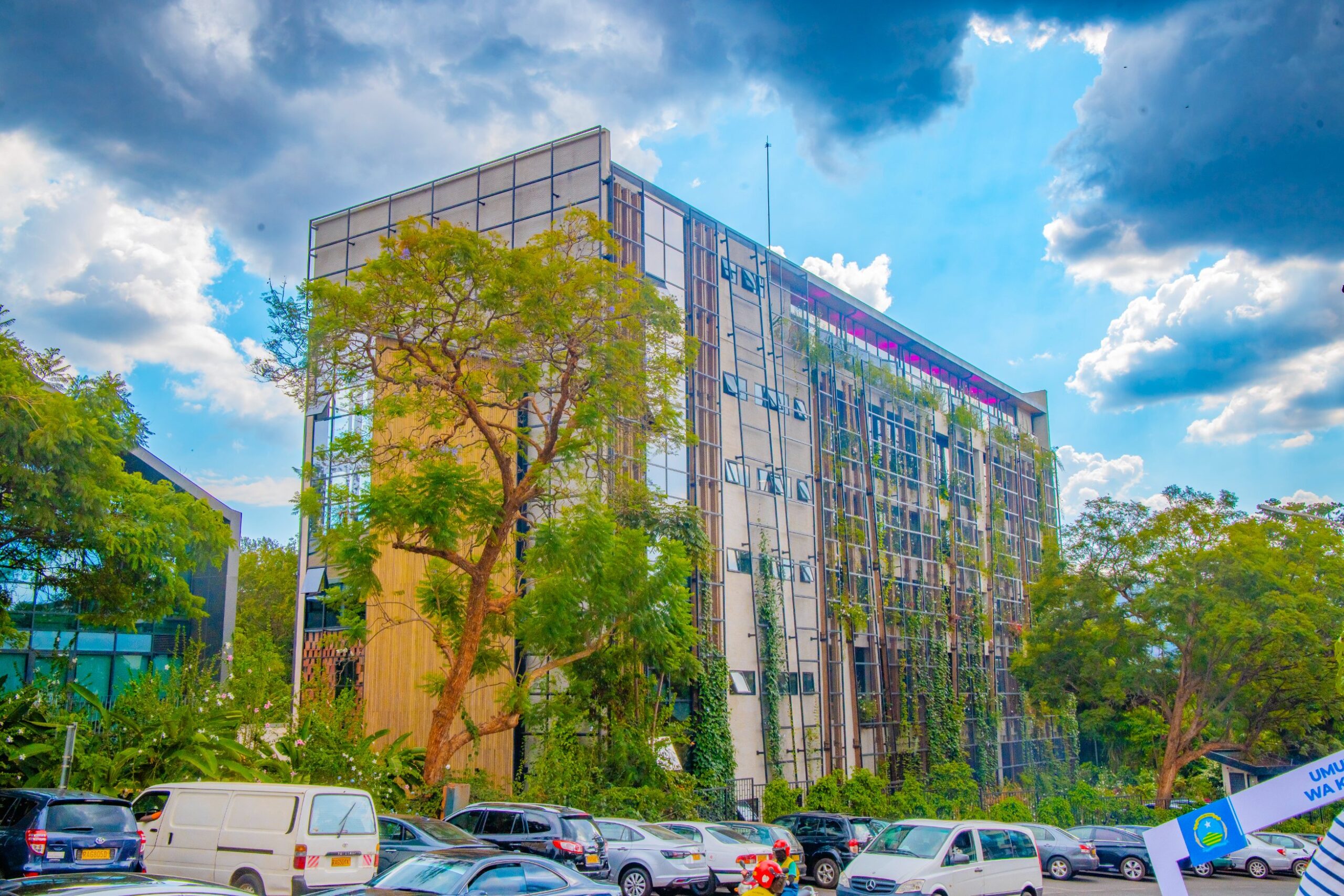As the 29th session of the Conference of the Parties (#COP29) unfolds in Baku, Azerbaijan, world leaders, climate advocates, and urban planners are spotlighting crucial discussions on global climate action and financing.
Among the voices, the City of Kigali stands out with its pioneering approach to sustainable urban development. As Rwanda’s capital, Kigali exemplifies how local leadership can drive impactful climate solutions, with innovative policies and community-centric projects that align with COP29’s goals of mitigating environmental impact and fostering green growth.
Here are ten transformative ways Kigali is advancing its urban landscape and demonstrating a model for sustainable cities worldwide.
- Expanding Green Public Spaces

In Kigali, public spaces are being reshaped to balance urban growth with environmental preservation. Projects such as the car-free zones in the city center and the Nyandungu Eco-Park are creating pockets of greenery, where residents and visitors can connect with nature. These initiatives are not only improving air quality but also fostering biodiversity and establishing vibrant hubs for community interaction
- Commitment to Tree Planting and Urban Greening

Through the #IgitiCyanjye (“My Tree”) campaign, Kigali has committed to planting over 3 million trees in the next five years. This ambitious initiative seeks to reduce the urban heat island effect, mitigate air pollution, and enhance the city’s ecological diversity. By prioritizing urban greening, Kigali is not only beautifying its landscape but also combating climate-related challenges.
- Upgrading Informal Settlements

Recognizing the importance of inclusivity, Kigali is investing in essential infrastructure for informal settlements to elevate the quality of life while maintaining community bonds. The Agatare Project, Mpazi Rehousing Project, and initiatives in Nyagatovu and Nyabisindu exemplify Kigali’s approach to creating equitable, sustainable urban spaces where residents can thrive within their existing neighborhoods.
- Embracing Sustainable Transport

In Kigali, a sustainable transport network is taking shape, aiming to reduce emissions and make commuting environmentally friendly. The city is actively enhancing public transport, exploring electric vehicle options, and expanding cycling and pedestrian paths to support green mobility. This comprehensive approach is helping Kigali tackle traffic congestion and pollution, encouraging residents to adopt sustainable transport options.
- Pioneering Affordable Green Housing
Affordable, eco-friendly housing is at the heart of Kigali’s development strategy. Using sustainable materials and designs, projects like the Mpazi Rehousing Project and the planned Green City Kigali in Kinyinya are providing residents with cost-effective housing options that reduce energy consumption and foster a healthier living environment. These initiatives are making Kigali a model for affordable green housing in Africa.
- Advancing Waste Management and Recycling
In response to growing waste challenges, Kigali has implemented robust recycling programs and public awareness campaigns to promote responsible waste disposal. By fostering a culture of waste reduction and recycling, Kigali is reducing landfill use and mitigating pollution, making strides toward a circular economy that aligns with global sustainability goals.
- Developing Climate-Resilient Infrastructure

To safeguard vulnerable areas from climate impacts, Kigali is investing in flood mitigation projects and advanced water drainage systems. These infrastructure advancements are crucial in protecting both the city’s environment and its residents from increasingly severe weather events, a clear commitment to building a climate-resilient Kigali.
- Fostering Water Conservation
With increasing pressure on water resources, Kigali is implementing sustainable water systems such as rainwater harvesting and wastewater recycling. These efforts are reducing the strain on freshwater supplies and demonstrating how urban areas can adopt water conservation techniques, especially vital as the city continues to grow.
- Supporting Renewable Energy
By promoting solar energy in public spaces and low-income housing, Kigali is reducing its reliance on fossil fuels and supporting the shift toward renewable energy. This commitment to solar power is enabling residents to access affordable energy while decreasing the city’s carbon footprint.
- Advancing Smart City Initiatives
Kigali is also positioning itself as a “smart city” by leveraging technology to optimize urban services. From smart lighting to data-driven waste collection and efficient urban planning, these innovations are not only enhancing the quality of life but also making Kigali a more sustainable, responsive city in the face of environmental challenges.
As global leaders at COP29 discuss pathways to a sustainable future, Kigali is proving that ambitious climate goals can be achieved through local action and community engagement. By focusing on people-centered development, the city is setting a powerful example of how sustainable urban growth can be harmonized with environmental stewardship.
Through these ten initiatives, the City of Kigali is more than just a participant in the global climate conversation; it is a blueprint for cities around the world looking to combat climate change with tangible, inclusive, and forward-thinking strategies. As COP29 unfolds, Kigali’s progress serves as a reminder that the path to a sustainable future begins within our cities, one green initiative at a time.

